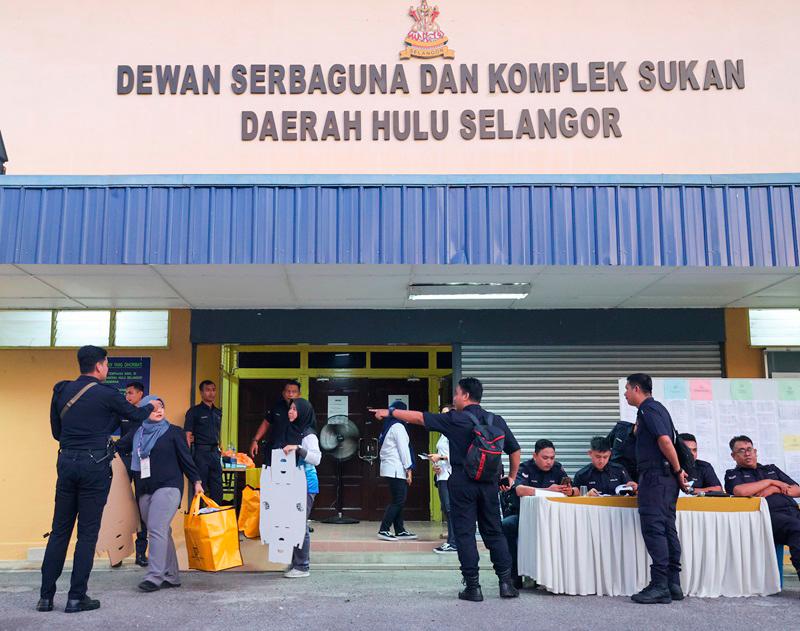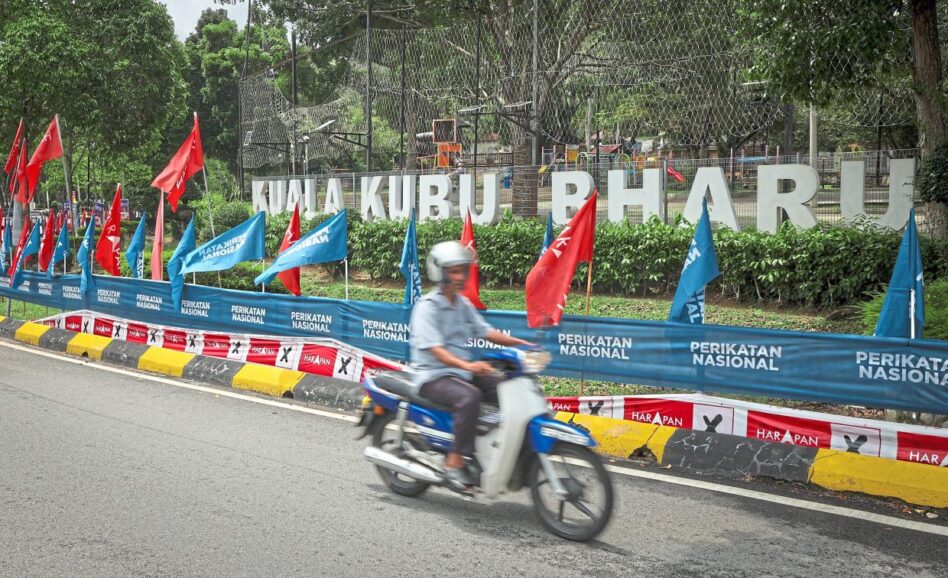BANK earnings are poised to remain under pressure as credit costs rise following the re-imposition of movement control order (MCO 2.0) across all states (except Sarawak) as the Government’s latest measure to stem the spike in COVID-19 infection rate.
Nevertheless, Fitch Ratings expects the risks of widespread loan losses leading to capital impairment to remain limited unless the economy deteriorates significantly from its base case.
“A prolonged lockdown could renew assault on consumer and business confidence, and will most likely aggravate finances at some of the already-weakened sectors such as food and beverage services, hospitality, retail and transportation,” justified the credit rating agency in a non-rating action commentary on Malaysia.
“Last year’s six-month blanket moratorium had propped up asset quality with the system impaired loan ratio falling to a historical low of 1.38% by end-September 2020 (end-2019: 1.52%).”
While such relief will most likely bridged some would-be defaulters through short-term liquidity difficulties, there was little doubt that asset quality metrics would deteriorate as the moratorium was lifted.
“The impaired loan ratio inched up to 1.53% by the end-November,” Fitch Ratings pointed out. “We expect credit impairment to continue rising in 2021.”
Nevertheless, the new lockdowns have not prompted the credit rating agency to raise its impaired loan projections (end-2021: 2.6%) unless they prove prolonged although downside risks to asset quality have certainly increased.
“We believe credit stress will be more prominent among borrowers in worst-affected sectors and those on the fringes of the credit curve rather than broad-based defaults,” observed the credit rating agency.
“Most Malaysian banks’ portfolios are domestically-oriented and centre around household lending, of which collateralised housing loans make up about 35% of total loans.”
According to Fitch Ratings, its recent affirmation of the Malaysian banks’ ratings in December 2020 factored in these known challenges.
“However, should the lockdowns prove prolonged and hurt Malaysia’s economic recovery, it will increase downside risks to banks’ asset quality and profitability, and may exert downward pressure on their viability ratings (VR) which drive their issuer default ratings,” explained the credit rating agency.
“We have negative outlooks on both these VR factors across our Fitch-rated Malaysian banks.” – Jan 20, 2021










